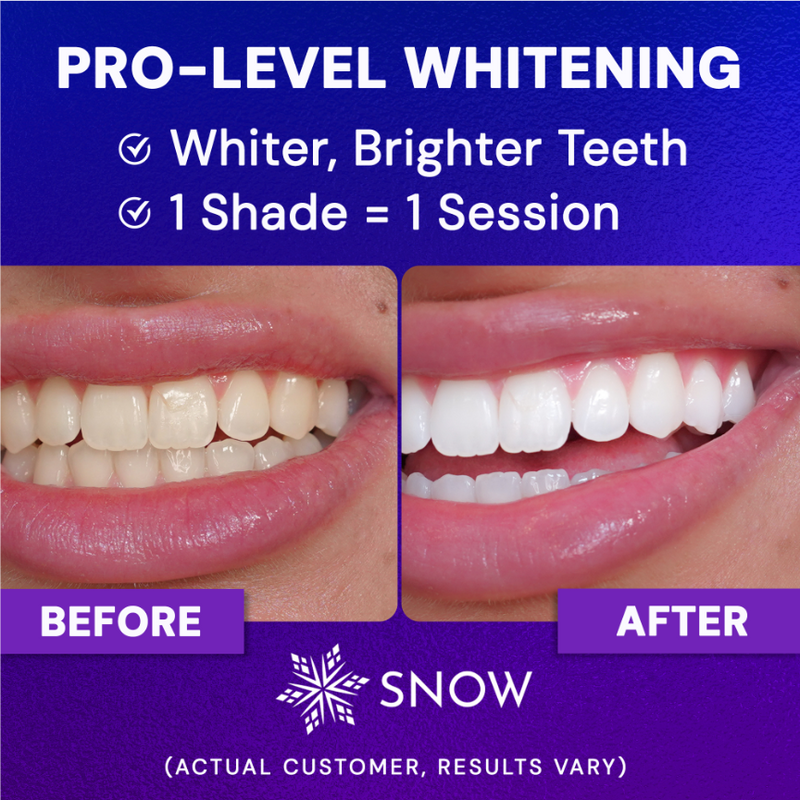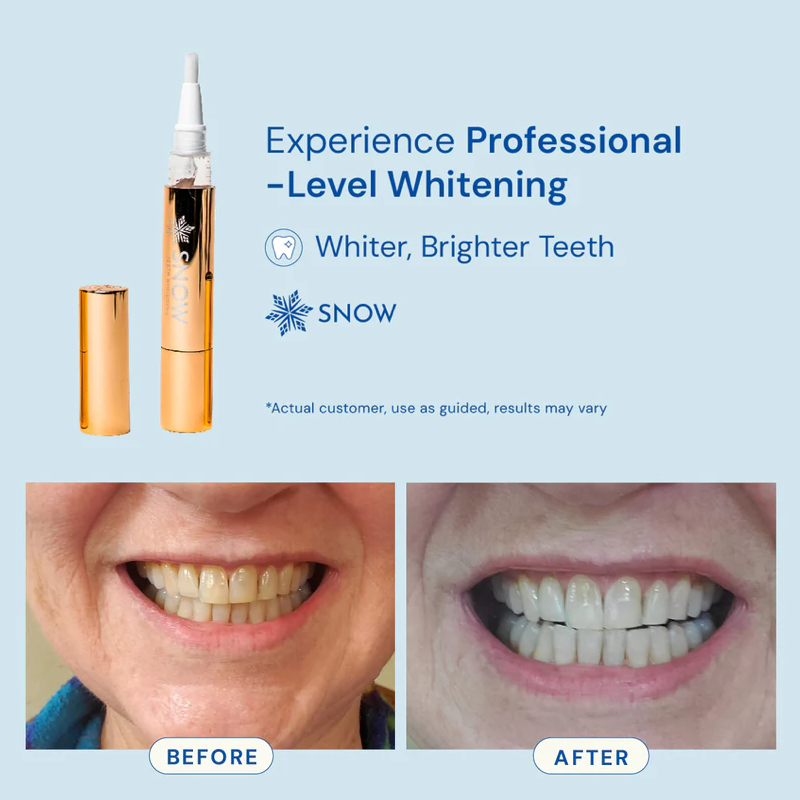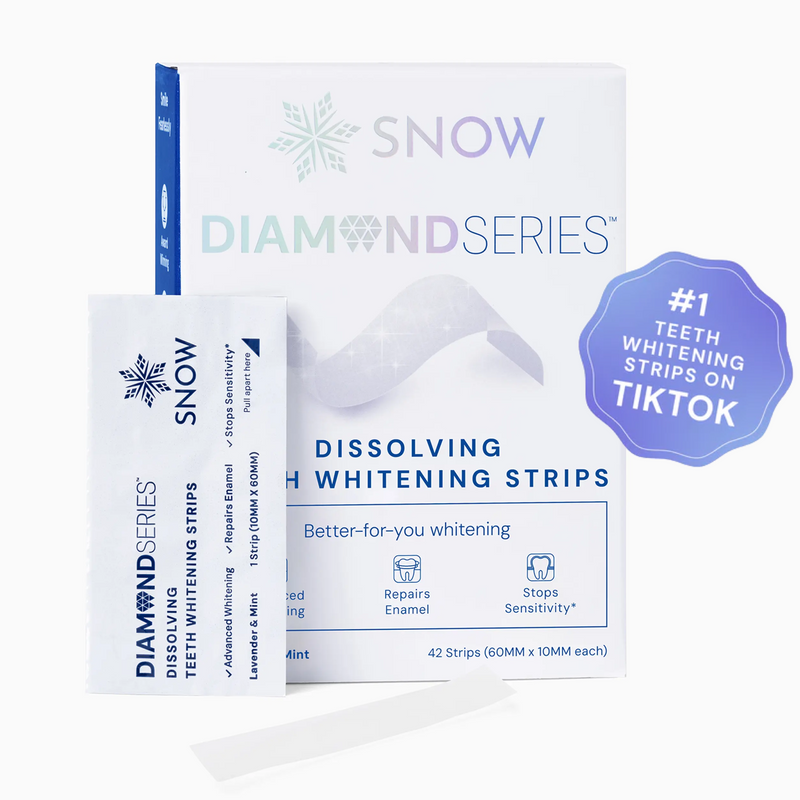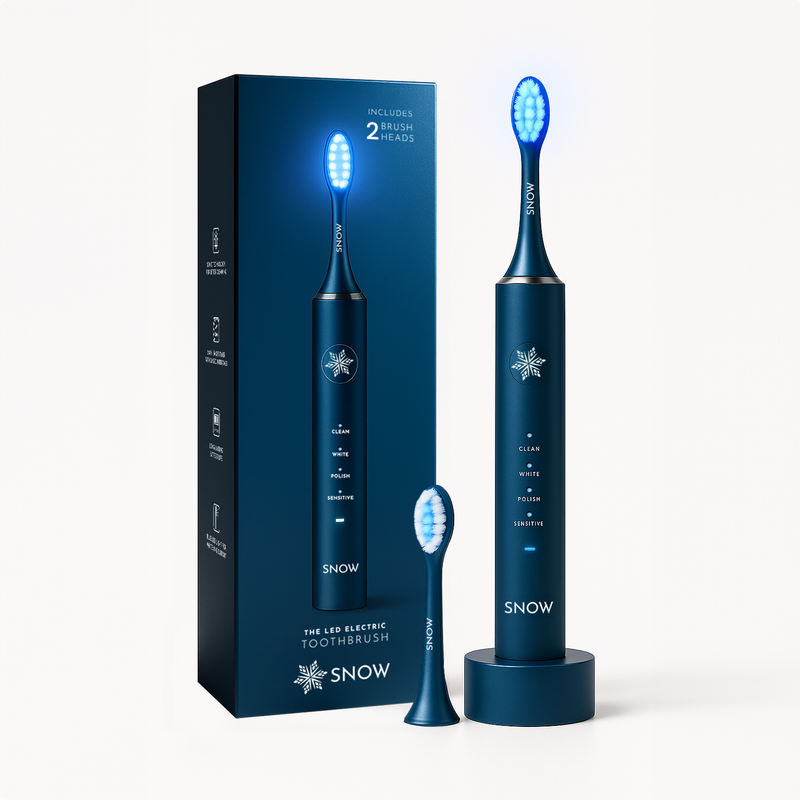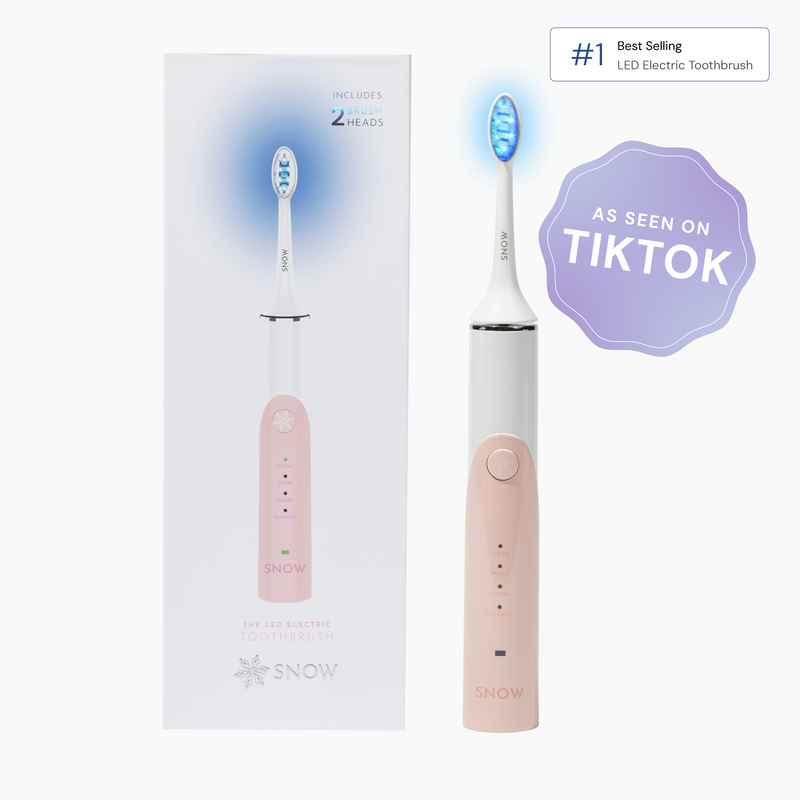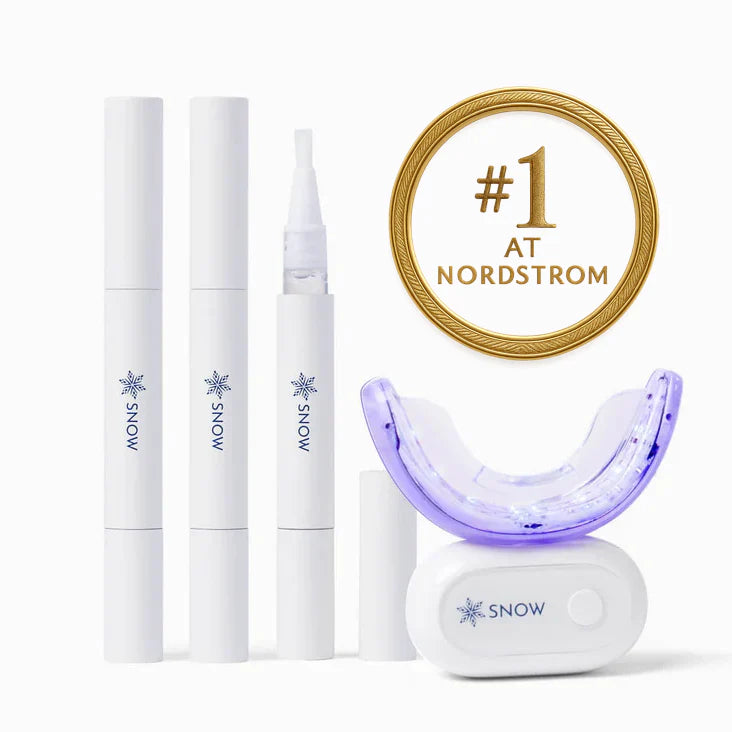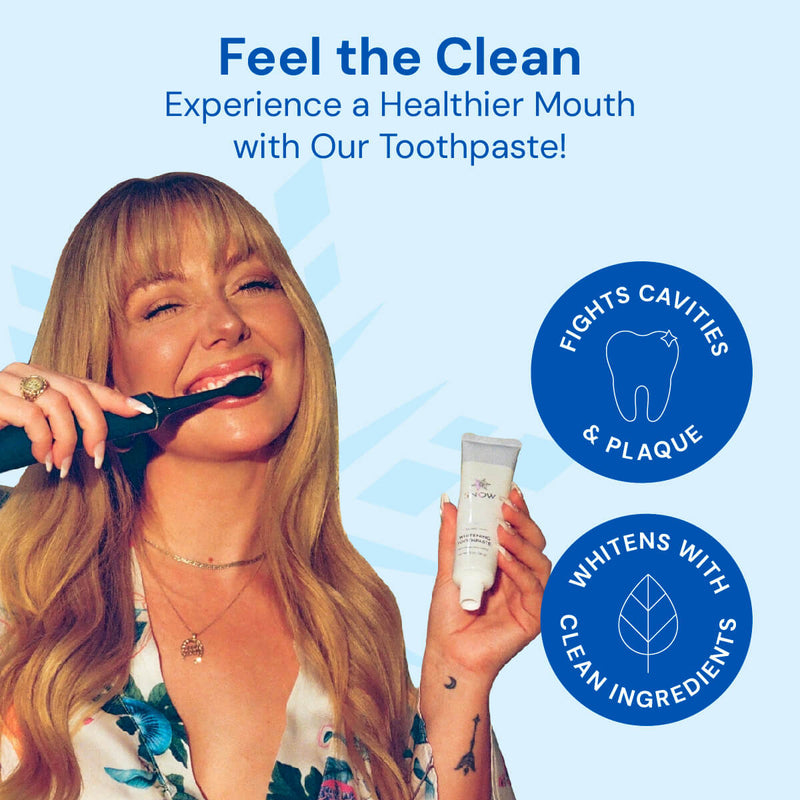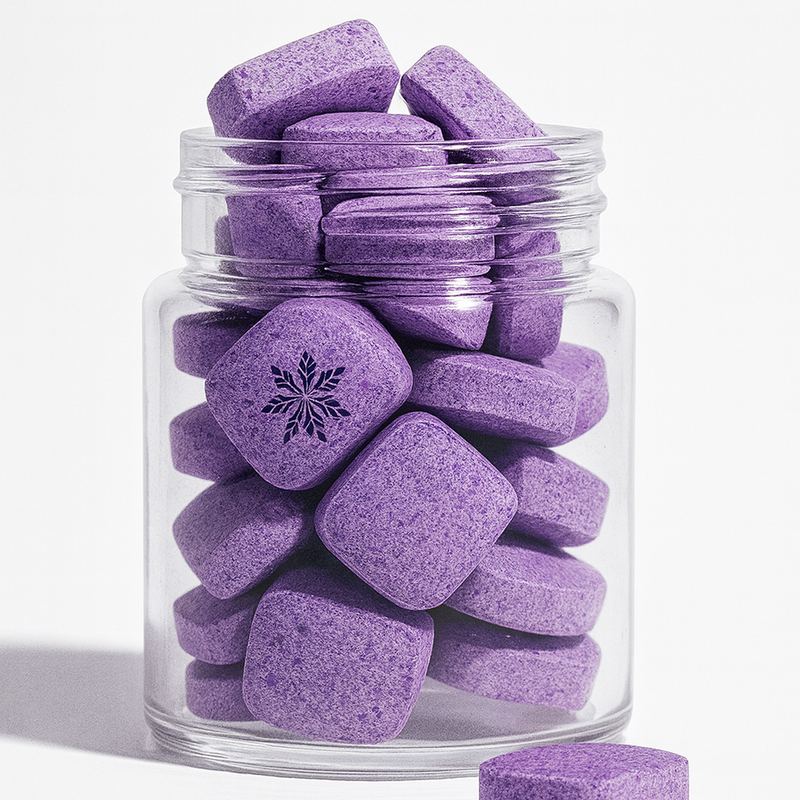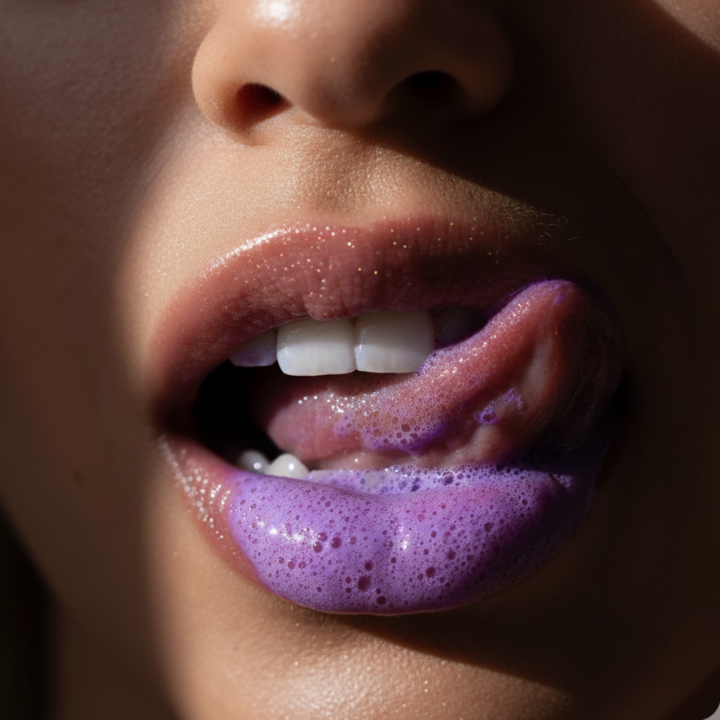"Does peppermint tea stain teeth?" As you pour yourself a comforting cup, this question might have crossed your mind. The quick answer? Generally, no. Peppermint tea, unlike its darker counterparts, is less likely to leave a mark on your pearly whites. But why is that? And are there exceptions to this rule?
In this comprehensive guide, we'll delve into the fascinating relationship between tea and teeth. From the science behind tea stains to the unique properties of peppermint, we've got you covered.
Whether you're a casual tea drinker or a connoisseur, by the end of this article, you'll have a clearer understanding of how to enjoy your favorite brew without compromising your smile.
So, let's embark on this enlightening journey together and uncover the truths and myths about tea and tooth staining.
What this article covers:- How Tea Stains Teeth
- Do You Need to Brush Your Teeth After Peppermint Tea?
- How Peppermint Tea Could Stain Teeth
- How Peppermint Prevents Teeth Stains
- Why Do Certain Teas Stain Teeth More Than Others?
- Are There Teas Besides Peppermint That Don't Stain Teeth?
How Tea Stains Teeth
Ever wondered, "How does tea stain teeth?" Let's address this directly: tea contains tannins, natural compounds that bind to tooth enamel and can lead to discoloration over time. But there's more to the story.
Tea, a beloved beverage for many, has been consumed for centuries. While it offers numerous health benefits, from antioxidants to aiding digestion, it also has a downside when it comes to dental aesthetics. The primary culprits behind tea stains are tannins. These polyphenolic compounds, found in various plants, have a unique ability to stick to proteins, including those in our tooth enamel.
Now, it's not just the tannins. The pH level of the drink also plays a role. Acidic beverages, including some teas, can soften tooth enamel, making it more susceptible to staining. Over time, as you sip your favorite brew, these tannins can accumulate, leading to a yellow or brownish tint on your teeth.

At SNOW, we've extensively researched tooth discoloration to provide solutions that work. We understand the chemistry behind stained teeth from tea, which is why our products are formulated to combat them effectively. Our commitment is to ensure that you can enjoy your favorite beverages without compromising on a radiant smile.
Remember, while moderation and good oral hygiene can reduce the risk of tea stains, for those looking for an added boost of brightness, our range of teeth-whitening products is here to help.
Do You Need to Brush Your Teeth After Peppermint Tea?
Let's address this head-on: While it's not mandatory to brush your teeth immediately after drinking peppermint tea, doing so can be beneficial for overall oral hygiene.
Peppermint tea, as we've discussed, has a lower tannin content compared to other teas, making it less likely to stain your teeth. However, any beverage, including peppermint tea, can leave residues in the mouth. Over time, these residues can contribute to plaque buildup, which can lead to other dental issues.
At SNOW, we're not just about teeth whitening; we're about comprehensive oral care. Our range of products, from the SNOW Teeth Whitening Kit to our Advanced Vitamin Infused Whitening Toothpaste, is designed to support a healthy and radiant smile. Incorporating our products into your daily routine can help combat potential stains and maintain optimal oral health.
So, while you might not need to rush to brush after every cup of peppermint tea, it's a good practice to rinse your mouth and ensure you're brushing at least twice daily. And for those seeking an extra touch of brightness, our whitening solutions are here to assist.
How Peppermint Tea Could Stain Teeth
Addressing the query directly: While peppermint tea is generally less likely to stain teeth due to its lower tannin content, in certain circumstances, it might contribute to discoloration.
Peppermint tea is a favorite for many, not just for its refreshing taste but also for its dental-friendly properties. As an herbal infusion, peppermint tea inherently contains fewer tannins than traditional teas like black or green tea. This makes it a safer choice for those concerned about teeth staining.
However, it's essential to understand that no tea is entirely stain-proof. In rare cases, if peppermint tea is consumed in extremely high quantities or if it's a blend with teas that have a higher tannin content, the staining potential can increase. Additionally, if one has pre-existing dental issues or compromised enamel, even lighter teas like peppermint might leave a mark.
At SNOW, we believe in empowering our community with comprehensive knowledge. While peppermint tea is a fantastic choice for many, it's always good to be informed about potential risks. Our range of teeth-whitening products is designed to tackle such challenges, ensuring you can enjoy your favorite beverages without worry.
In conclusion, while peppermint tea is among the safer choices for your teeth, it's always a good idea to practice regular oral hygiene and be aware of the ingredients in your tea blends. And for any concerns about discoloration, remember, we at SNOW are here to help.
How Peppermint Prevents Teeth Stains
Straight to the point: Peppermint tea, being an herbal infusion, naturally contains fewer tannins than traditional teas, reducing its potential to stain teeth. Moreover, peppermint's antimicrobial properties can contribute to a cleaner oral environment.
Peppermint tea is more than just a refreshing beverage; it's a dental-friendly choice for those conscious of teeth staining. Unlike black or green teas, which are derived from the Camellia sinensis plant and are rich in tannins, peppermint tea is made from the leaves of the peppermint plant. This distinction is crucial because the absence of tannins in peppermint tea means there's a significantly reduced risk of it causing discoloration on your teeth.
But there's another feather in peppermint's cap. Peppermint has been shown to possess antimicrobial properties. These properties can help reduce the bacterial load in the mouth, leading to a cleaner oral environment. Fewer bacteria mean less plaque, and less plaque translates to a reduced risk of stains.
At SNOW, our commitment is to provide you with not only top-tier whitening products but also valuable insights into maintaining your radiant smile. We've delved into the science of tooth staining to ensure you're equipped with the best knowledge. So, the next time you're reaching for a comforting cup of tea, consider peppermint as a teeth-friendly option. And remember, for any discoloration concerns, we're always here to help.

Why Do Certain Teas Stain Teeth More Than Others?
To answer succinctly: The staining potential of teas largely depends on their tannin content and acidity. Darker teas, like black and green, generally contain higher levels of tannins than lighter or herbal teas, making them more likely to stain teeth.
Tea, a staple in many cultures, comes in a myriad of flavors and types. But not all teas are created equal, especially when it comes to their impact on the color of your teeth. The primary factor that determines a tea's staining potential is its tannin content. Tannins, as we've mentioned before, are polyphenolic compounds that can bind to tooth enamel. The darker the tea, the higher its tannin content, and consequently, the greater its potential to stain.
Another factor to consider is the pH level of the tea. Acidic teas can erode tooth enamel, making teeth more porous and susceptible to staining. For instance, teas with added fruit flavors or infusions might have a lower pH, increasing their staining potential.
At SNOW, our expertise in dental aesthetics has led us to delve deep into understanding these nuances. We believe in empowering our community with knowledge so you can make informed choices. While enjoying your favorite tea, it's essential to be aware of its staining potential. And if you ever feel the need to brighten your smile, remember, we're here with effective solutions tailored for you.
Are There Teas Besides Peppermint That Don't Stain Teeth?
To address this directly: Yes, there are several teas, primarily herbal infusions, that have a lower potential to stain teeth compared to traditional teas, thanks to their reduced tannin content.
Tea enthusiasts will be pleased to know that peppermint isn't the only teeth-friendly option out there. While traditional teas like black, green, and oolong are derived from the Camellia sinensis plant and are rich in tannins, many herbal infusions offer a delightful taste without the same staining potential.
For instance, chamomile tea, known for its calming properties, is another herbal infusion that's gentle on the teeth. Rooibos, often referred to as "red tea," is another excellent choice. It's naturally sweet, caffeine-free, and has minimal tannins. Lemon balm and hibiscus teas are also popular choices among those looking to reduce the risk of teeth staining.
At SNOW, we're passionate about smiles, and we understand the balance between enjoying life's pleasures and maintaining a radiant smile. Our teeth-whitening solutions are designed to address any discoloration, ensuring you can savor your favorite brews without hesitation.
In summary, while many teas can contribute to tooth staining, there's a world of herbal infusions out there that are kinder to your smile. And for those moments when you indulge in a darker brew, remember, we at SNOW have got the perfect solution to keep your smile shining bright.

Conclusion
Navigating the world of teas and their impact on teeth can be a journey, but it's clear that choices like peppermint tea offer delightful flavors without the worry of stains. From understanding tannins to exploring teeth-friendly tea alternatives, being informed is key.
At SNOW, we're dedicated to ensuring your smile remains radiant, no matter your beverage of choice.
It's important to remember that even less tannin-filled teas like green tea stains teeth, so you still need to be careful.
For those moments when you need an extra touch of brightness, remember that our teeth-whitening solutions are here to help. Cheers to sipping confidently and smiling brightly!
If you liked this post, have a look at some of our other related articles:
- Does Coffee Stain Your Teeth More Than Tea
- What Stains Teeth More Coffee Or Tea
- Does Rooibos Tea Stain Teeth
- Does Chamomile Tea Make Your Teeth Yellow
- Does Ginger Tea Stain Teeth
- Are Whitening Strips Bad for Your Teeth?
- Do Teeth Whitening Strips Work?
- Best Whitening Strips for Sensitive Teeth
- How to Whiten Teeth Instantly
- Can Yellow Teeth Become White?
- Can I Whiten My Teeth Twice a Day?
- Best Time to Whiten Teeth
- Teeth Whitening Ingredients
- Can Too Much Whitening Damage Teeth?
- Is LED Teeth Whitening Safe?















































